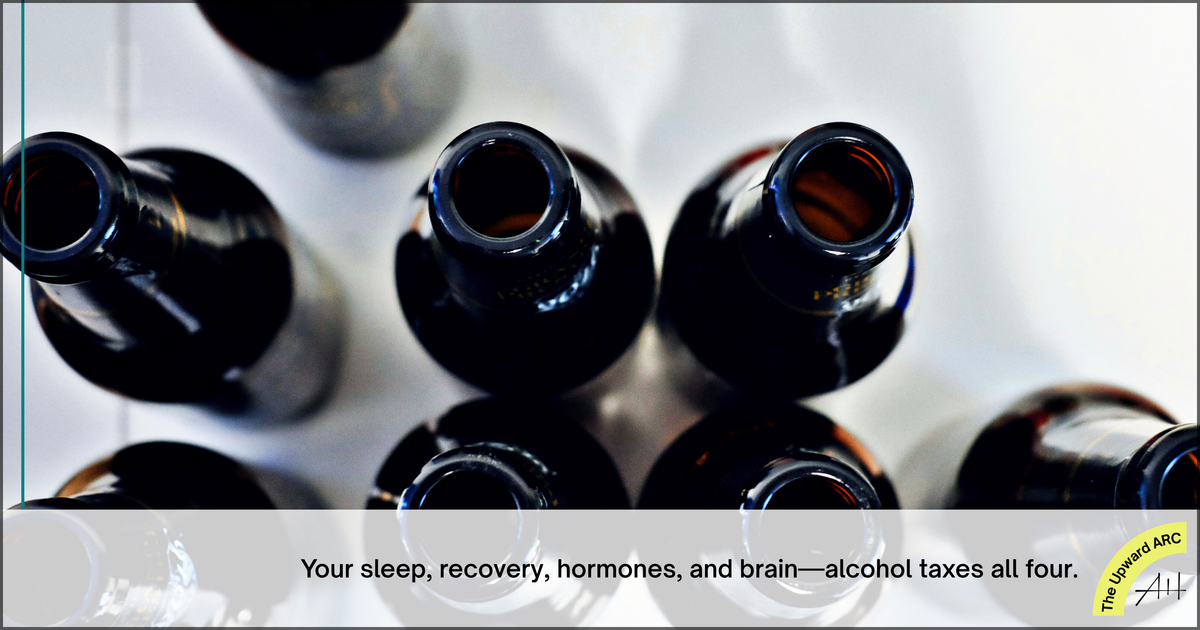Liquid Lies: The Convenient Stories We Tell Ourselves About Alcohol
We lie to ourselves about alcohol: “It’s good for my heart,” “It helps me sleep,” “Only on weekends.” But every drink taxes recovery, sleep, hormones, and the brain. It’s not moralizing. It’s biology. Drink less, think clearer. Stop rationalizing. Start optimizing.

This post is for members only
Already have an account? Sign in.
